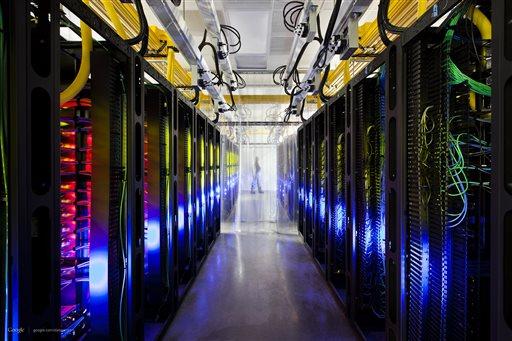Claude Shannon, who many consider the father of modern information theory, wrote a paper in 1949 in which he pointed out that security should never be based upon your enemy’s ignorance of how your system is built. This is known today as the mantra: “There is no security through obscurity”. Does it matter then that a South Korean nuclear plant was hacked and plans of the complex stolen? That rather depends on what happens next.
As it is South Korea that’s the subject of this latest attack everyone tends to assume it must have had something to do with North Korea. With a target as sensitive as a nuclear power plant, not unreasonably people are asking if safety could be compromised by a cyber attack. Could hackers cause the next Chernobyl or Three Mile Island? The South Korean authorities have sought to reassure the public, making it clear that no “core systems” – those computers that control the reactor and safety systems – were compromised.


